I was commissioned by Josimar Magazine to illustrate the cover for their 200 page World Cup special edition issue. The generous team at Josimar gave me full creative freedom so I really wanted to pour my love for the history of football into this cover. Since the upcoming World Cup will be the 21st installment I thought this would be a great opportunity to highlight the previous 20 tournaments spanning 1930 to 2014 and create a tapestry of its significant moments. The issue itself is a retrospective of the World Cup with no direct mention of the upcoming tournament in Russia so to allude to but not directly represent that I used a white/blue/red color scheme and a modified Soviet Style typeface.
Concept & Layout:
Digital communication technology has blasted history wide open, dispersing its individual parts to all corners of the internet. For the first time young people have the chance to learn about history in their own ways on platforms like youtube, twitter, from various listicles, etc. Each learning experience online is like an individual discovery and the user is an archeologist unearthing moments in history to fit the pieces of the whole together. This modular approach to re-interpreting history gave me the idea to represent individual vignettes for each World Cup as something akin to self-contained archetypal events that exist within self-luminous rectangles of computers, tablets and smartphones. The layout is more or less organized chronologically starting with the first World Cup 1930 in the top left corner, reading from left to right and top to bottom culminating in the World Cup 2014 panel on the bottom right.
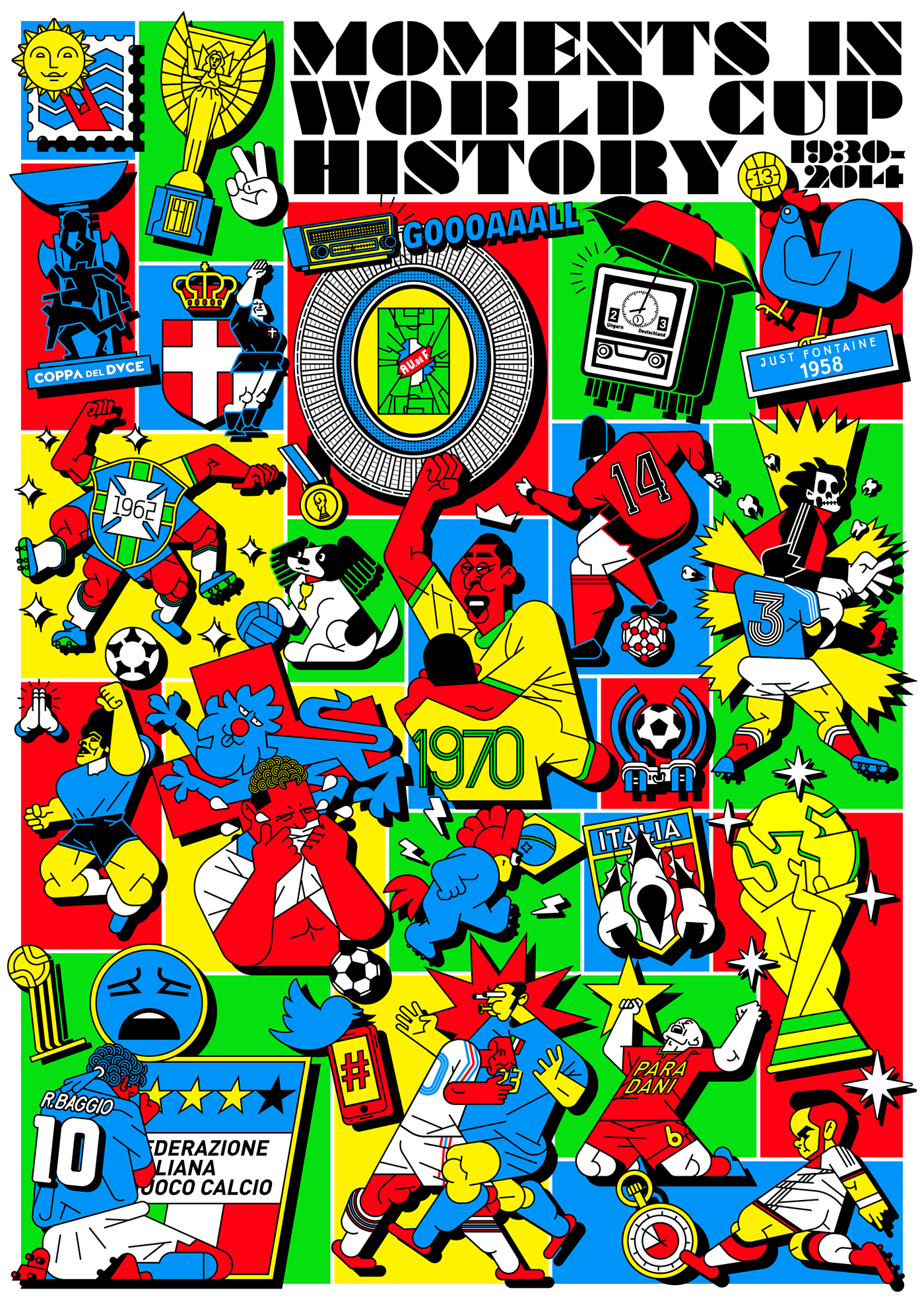
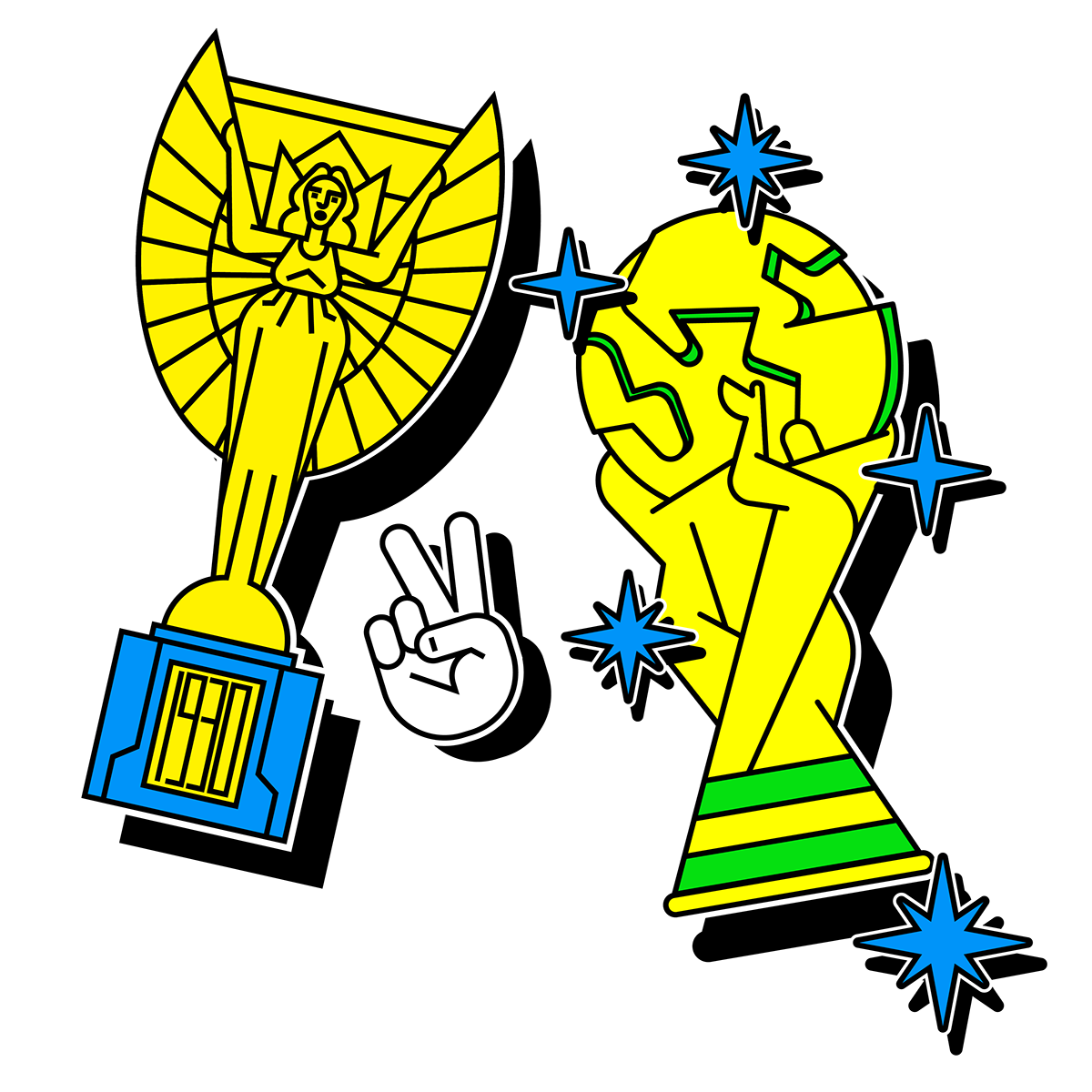
The Jules Rimet trophy introduced in 1930 was inspired by Nike; the goddess of victory and was subsequently replaced by the current FIFA World Cup trophy in 1974

1930
The inaugural World Cup took place in Uruguay. The ocean liner SS Conte Verde carried across the ocean & symbolized how truly global the World Cup was about to become. This stamp icontype pays tribute to the voyage of the SS Conte Verde, Uruguay and the idealism of the iconic reaching goalkeeper from the first ever World Cup poster.
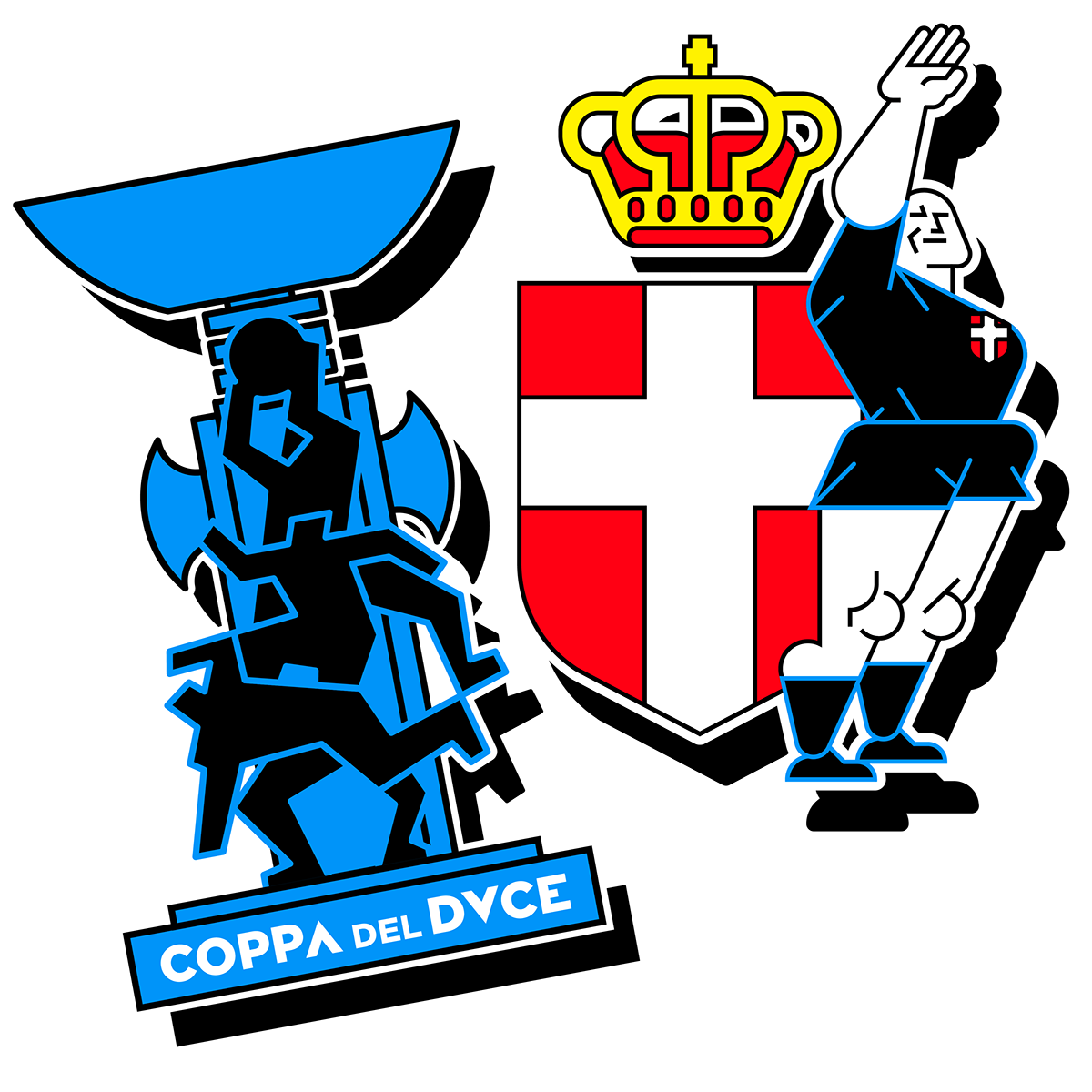
1934 & 1938
The last two World Cups of the pre-war period were won by Italy and both marked by the presence of Mussolini's totalitarian regime. For the 1934 Italy held World Cup Italy's fascist leader Mussolini replaced the official trophy with his own "Coppa del Duce" - a monument depicting individual figures blending into one dark monolith symbolizing state-control. In 1938 Italy shocked the world in the quarter-final against France when they wore an all black strip that, along with the Roman salutes they did before matches only solidified their fascist allegiance.

1950
The iconic Maracana stadium was built specifically for the tournament hosted by Brazil which had high hopes that it would be the center-piece of their first trophy. On July 16 the hosts took on Uruguay and only had to draw to win the title but it was not meant to be as they lost 2-1 and subsequently the chance to win their first ever World Cup. This moment became Brazil's foundation myth for football to be regarded as a form of romantic destiny and a deeply cultural, historical and spiritual project.

1954
1954 was the first World Cup to be globally televised. The famous Bern clocktower is prominently featured with the final score on the screen. The culmination of the tournament became known as the "Miracle of Bern" for West Germany's upset of tournament favorites Hungary. The rainy weather the day of the final also suited West Germany's players who wore innovative new adidas boots with removable studs that were more adaptive to the conditions that day.
TV was not the first medium to cover the World Cup. Prior to 1954, radios were the primary communication technology and the World Cup has a long history of being documented by new & advancing mediums from radios to smartphones.
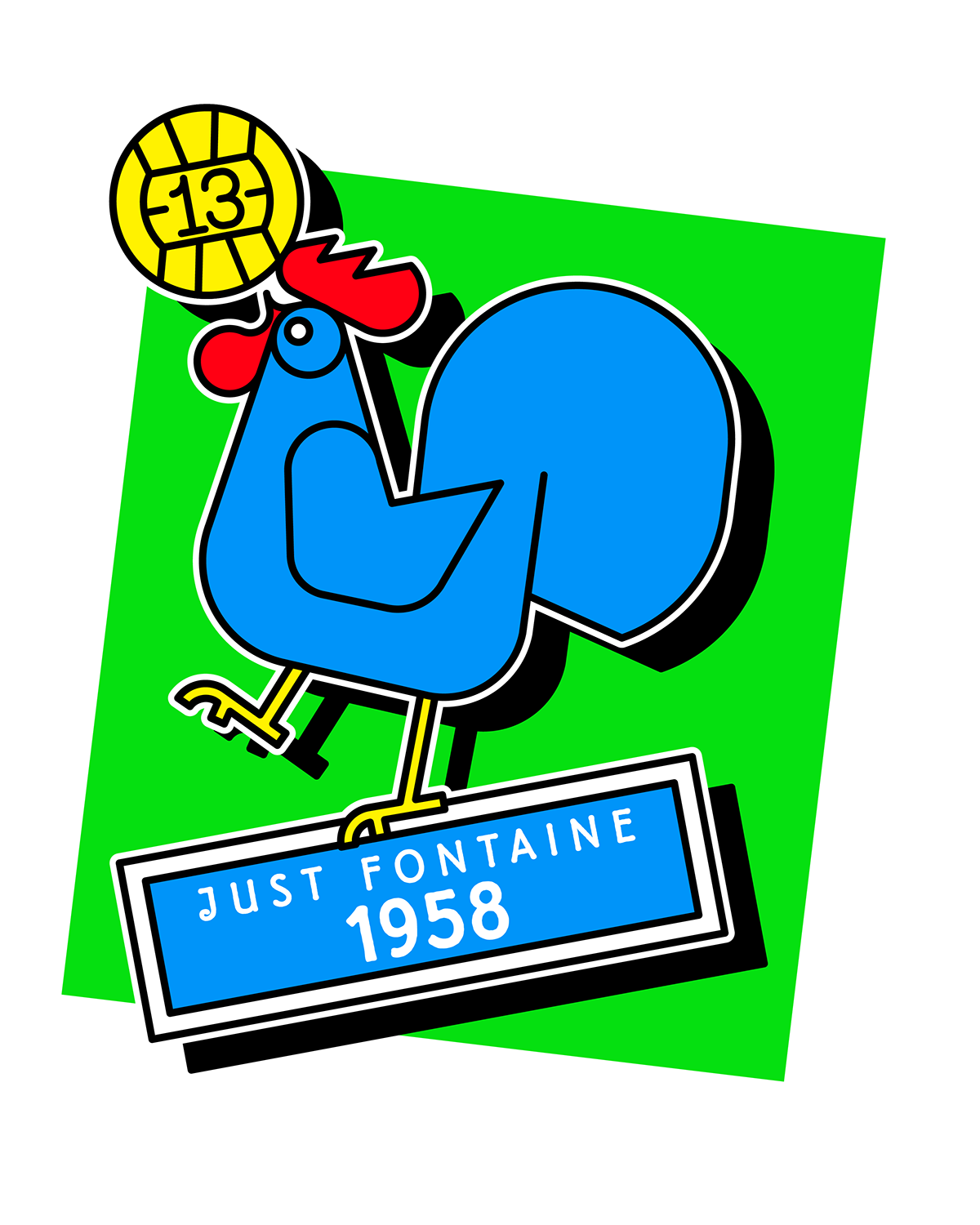
1958
France's striker Just Fontaine scored 13 goals in this tournament and to this day holds the record for most goals scored by an individual player in a single tournament. Fontaine managed the feat by scoring in all of France's six matches.
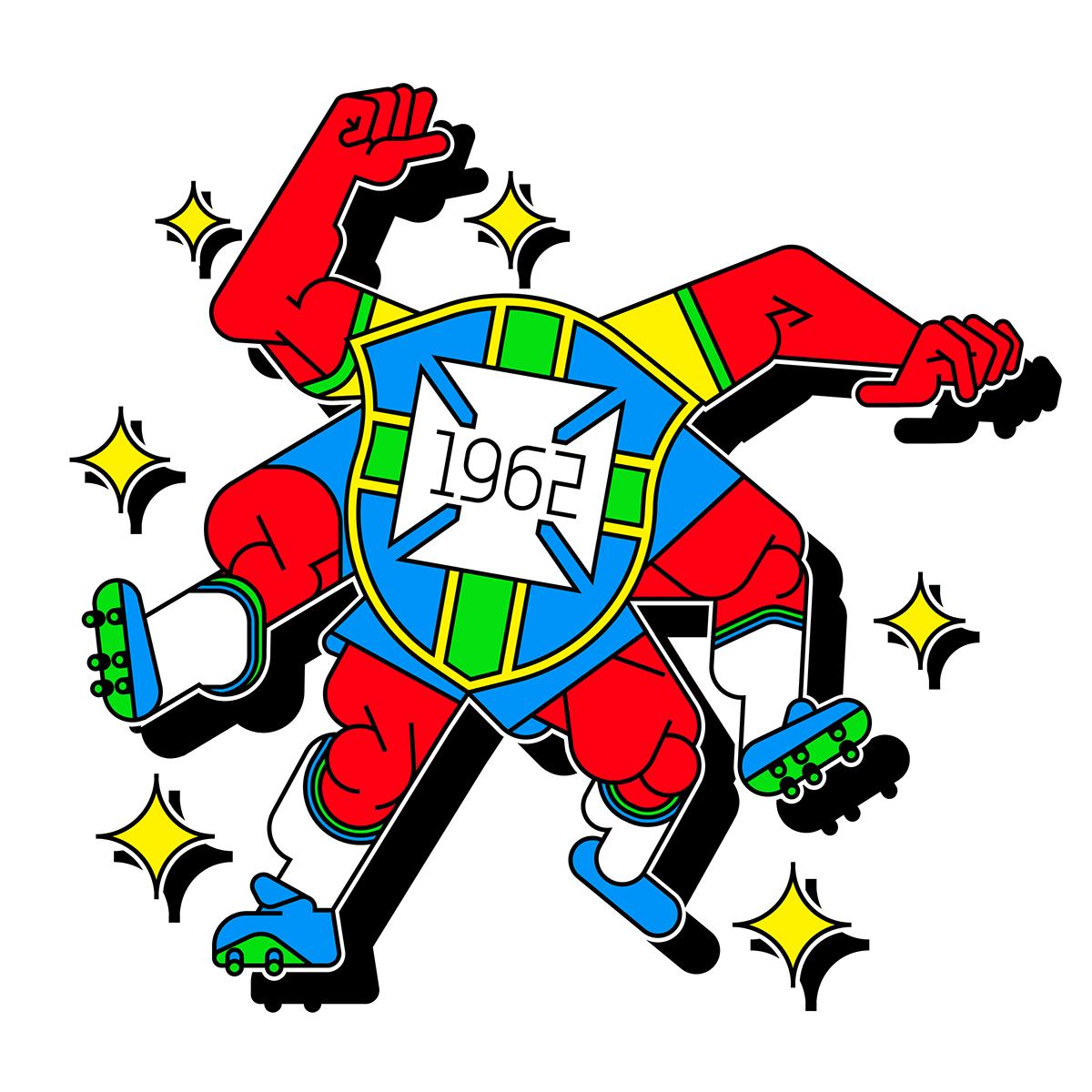
1962
In just the second game of the tournament Brazil lost their star player Pele to injury and ended up missing the remainder of the tournament. Brazil nevertheless still had a talented team including winger Garrincha who stole the show in 1962 with his wondrous dribbling and skill giving Brazil a second consecutive World Cup and cementing their reputation for depth & resiliency & beautiful football.

1966
At this time the World Cup was already a massively anticipated event that carried the narrative weight of a Hollywood movie. The tournament held in England delivered, being full of surprises, upsets and controversies. In a moment that can only be matched by a comedy suspense thriller prior to the tournament the Jules Rimet trophy went missing. After much panic & farce luck would have it as a Border Collie named Pickles discovered it wrapped in paper under a bush in London and became a national hero overnight. This moment proved that with the proliferation of media coverage such 'off-pitch' events would only continue to become more if not just as important to the story of the World Cup as the stars and games on the pitch.

1970
Brazil who went on to win its third World Cup this tournament is remembered for being the greatest national team in World Cup history, playing with flair and superstars including Jairzinho, Rivelino, Carlos Alberto, Tostao, and of course, Pele for the first time on color television. Pele became the first truly global football star of the television age and the first icontype for the Brazilian superstar with flair that would come to define the expectations of all Brazilians who came after.

1974
In the first round against Sweden, Johan Cruyff pulled off a move that was equally bewildering as it was audacious and announced to the world the new icontype of the player/thinker - someone who was the embodiment of the "total football" philosophy that would come to influence Barcelona's youth academy and entice generations of footballers & fans alike with an tactical interest.
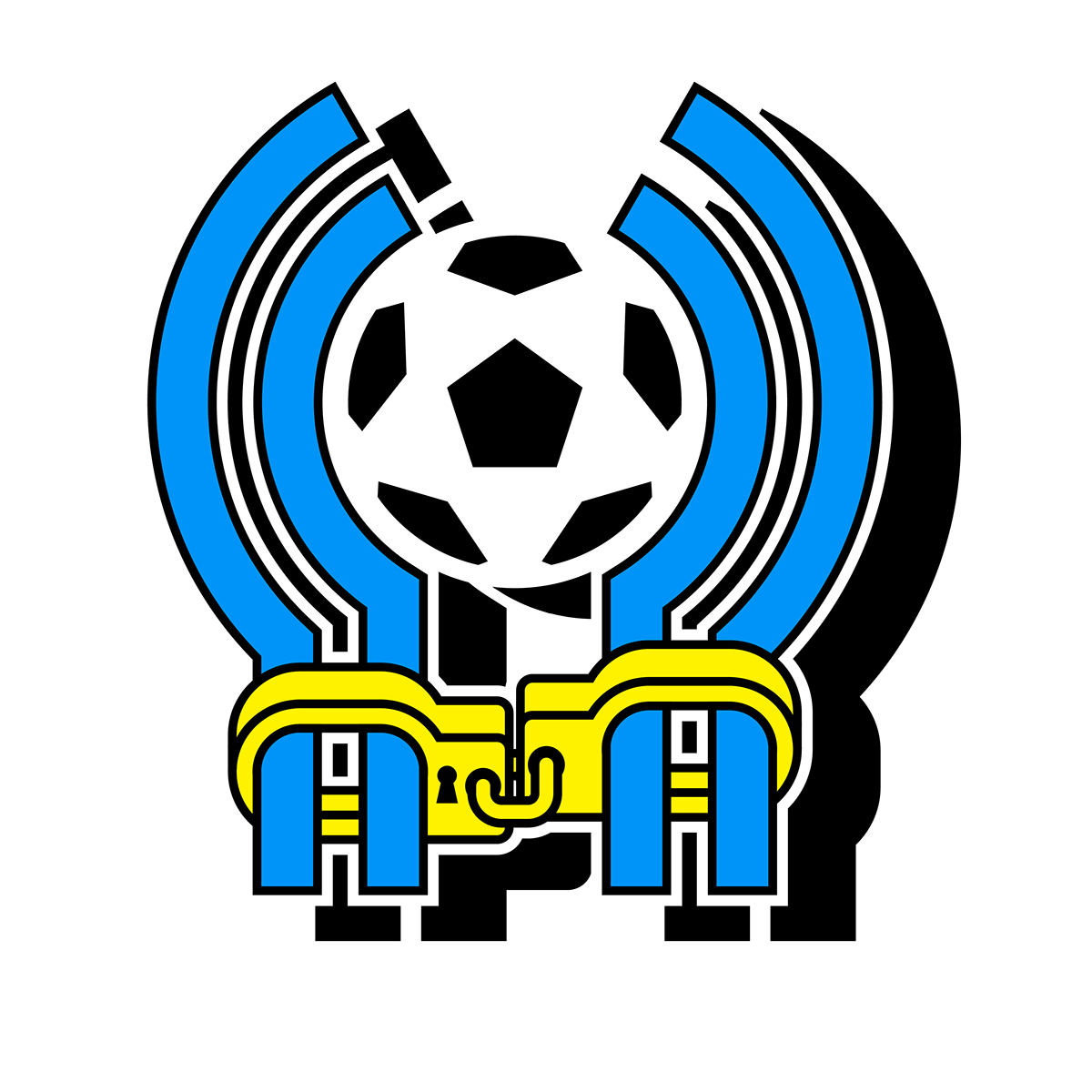
1978
At the time of the World Cup Argentina was governed by a brutal military regime. A state sponsored imprisonment, assassination and disappearance campaign referred to as the “Dirty War” became the backdrop of the World Cup.
Argentina went on to win its first World Cup but the tournament was consistently marked by controversy and the players were under immense pressure from the military junta to lift the trophy without having the benefit of historical hindsight of the atrocities that were happening at the same time. 1978 was a reminder that politics and football are never too far apart.

1982
The semi-final between West Germany and France, considered one of the greatest encounters in history is also remembered for one of the most notoriously cynical fouls in World Cup history when German goalkeeper Toni Schumacher charged oncoming French defender Patrick Battiston, flattening him unconscious and knocking his teeth out in the process all without getting booked or France given a penalty. Battiston had to be given oxygen and was rushed to the hospital. Schumacher remained on the pitch tp play a decisive role in helping West Germany win the penalty shoot-out that would send them to the final.

1986
In the quarter-final against England, Argentina captain and at the time the world's best player Diego Maradona jumped over England goalkeeper Peter Shilton and used his hand to redirect a mid-air ball into the goal. Divinity has long graced football narratives but by designating it the "hand of God" in a post-match interview, Maradona ensured that this moment was going to be remembered as the definitive archetype of divine intervention in world football.

1990
Their semi-final against West Germany was England's biggest match since the 1966 final. Throughout the tournament the naturally jovial Paul Gascoigne was England's catalyst for success. In extra time he happened to get booked for a foul which meant it would rule him out of the final should England progress. The disappointment hit him right away and he burst into tears - a moment that forever would be referred to as
Tears of a Clown" and instantly creating the archetype of the tragic jester.
Tears of a Clown" and instantly creating the archetype of the tragic jester.
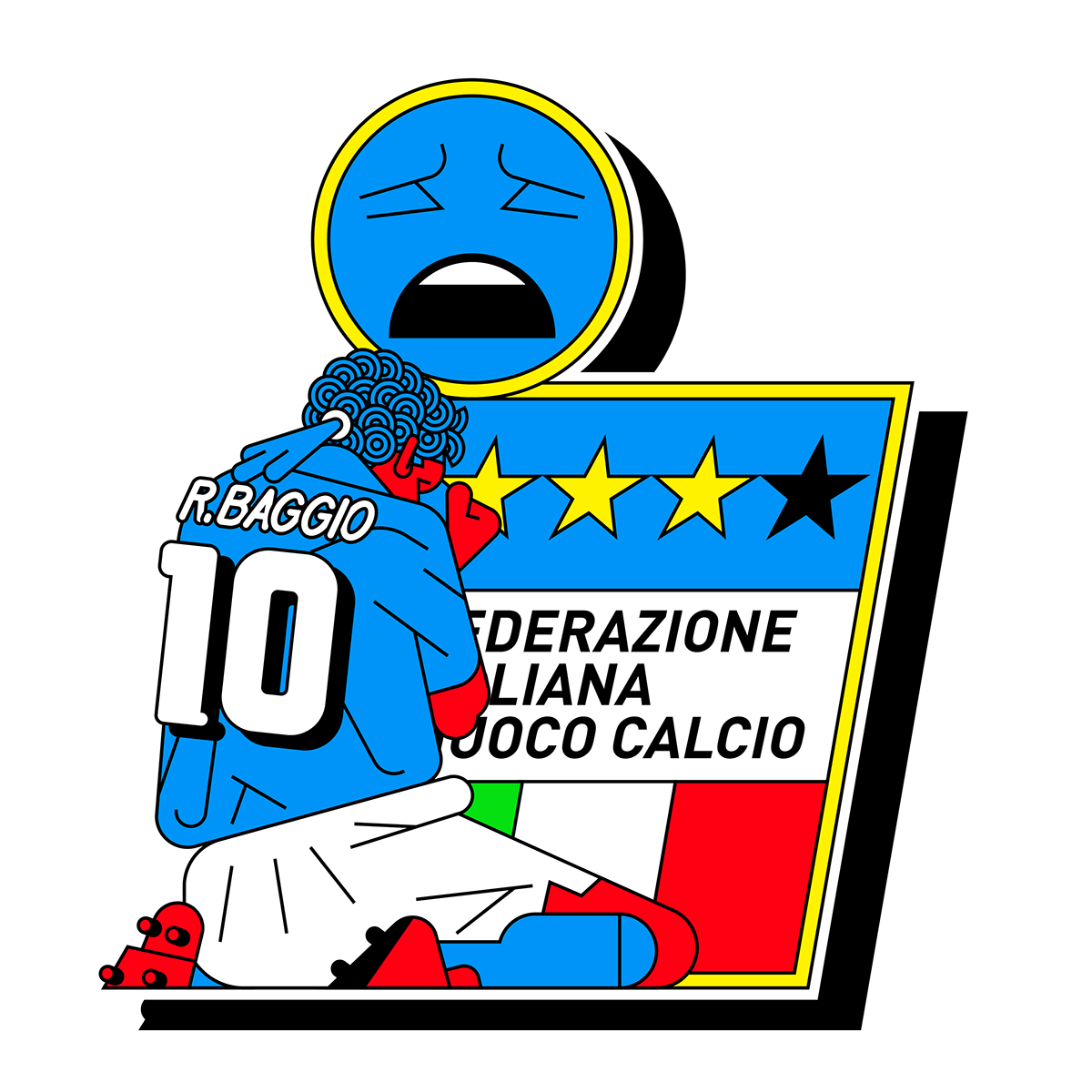
1994
Italy's Roberto Baggio missed the decisive penalty in the final against Brazil.

1998
The hosts France met Brazil in the final and at the time Brazil's Ronaldo was considered the world's best players carried expectations of a star performance yet it was France's Zinedine Zidane, one of the best playmakers in the world came through at the most critical moment of his and country's history. Uncharacteristically he scored two headed goals to give France its first World Cup title.

2002
One of the most controversial decisions and upsets in the tournament's history occurred when underdog and co-host South Korea met tournament favorites Italy in the knockout round. After a series of controversial decisions the game headed into over time where Ahn Jung-Hwan scores a golden goal that knocked Italy out and sent South Korea through to the quarter-finals. A nation erupted with joy and South Korea's feverish support for the Asian Tigers symbolized a new era of truly global football support. This moment could be seen as the prototypical event of the non-traditional powers rising that would become a recurring theme in the 21st century.

2006
After coming out of retirement France captain Zinedine Zidane led France to another World Cup final. The match ended 1-1 and headed to extra time. After an exchange of verbal provocation with Italian defender Marco Materazzi, Zidane lost his cool and shocked his team and the world by headbutting the Italian in the chest. Zidane was subsequently sent off and Italy went on to beat France in a penalty shoot-out.

2010
Spain achieved their first ever World Cup win with four minutes to go when Andres Iniesta scored the winning goal. He celebrated by removing his shirt. Underneath he had a white vest with a handwritten tribute to Dani Jarque, a fellow Spanish player and one of Iniesta's friends who died from a heart attack in 2009. The incredible release of emotion by Iniesta matched the equally dramatic climax that was a culmination of decades long of procurement of their own brand of total football called Tiki-Taka which also produced the most dominant run of form for a national team in history between 2007 and 2012.
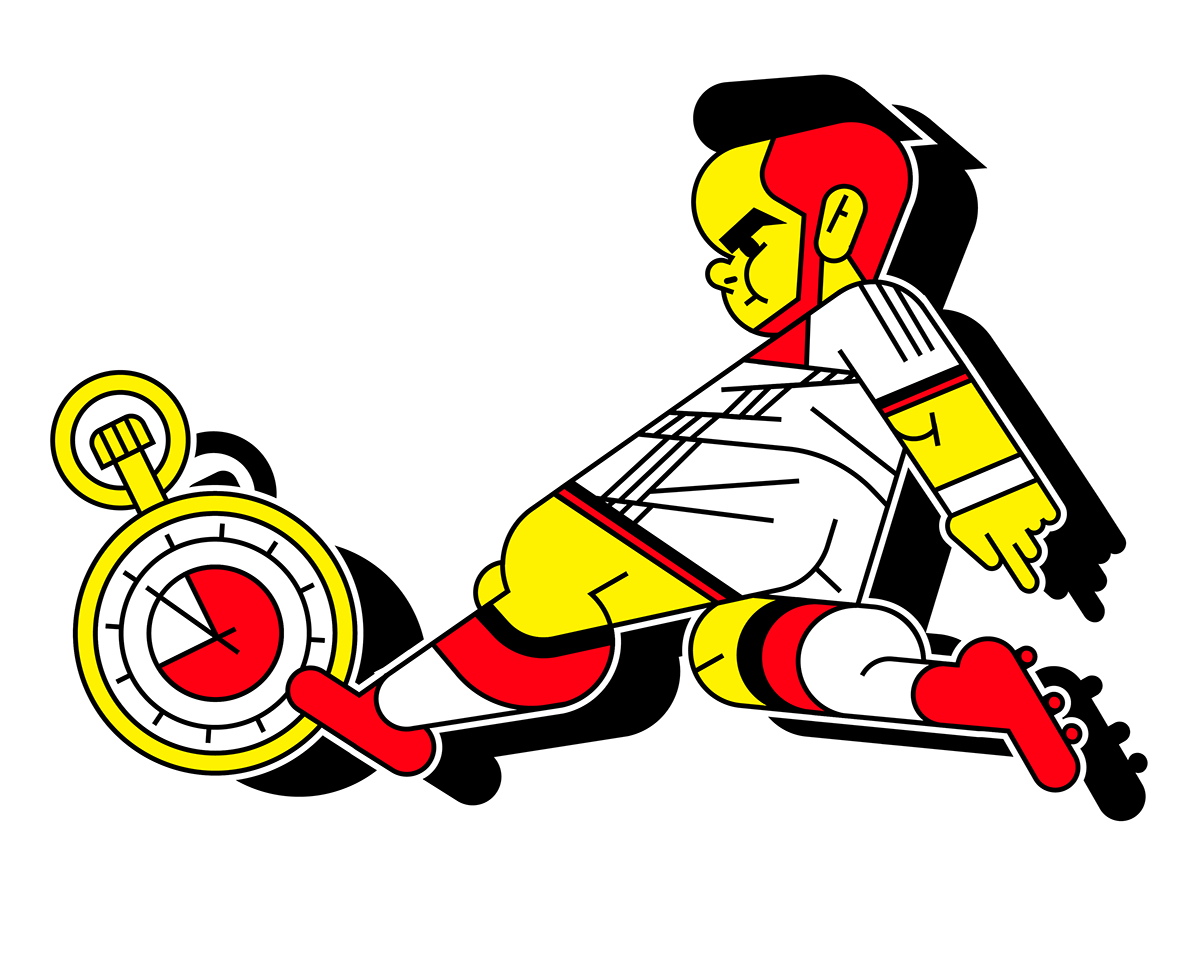
2014
Germany's reputation has always been one of efficiency but at the end of 2001 after having failed at the previous World Cup and EuroCup The German federation took a deep look at the infrastructure of German football and created a plan to reboot the entire program. Its culmination came in 2014 when 21 year old Mario Götze came off the bench to score in extra time and give Germany its fourth World Cup title. Consequently Germany become the first European team to win the trophy in South America. Götze's goal, much like the federation's decade long plan was audacious, fluid & technically brilliant - all symbolic of the new image Germany reinvented itself with for the 21st Century.





